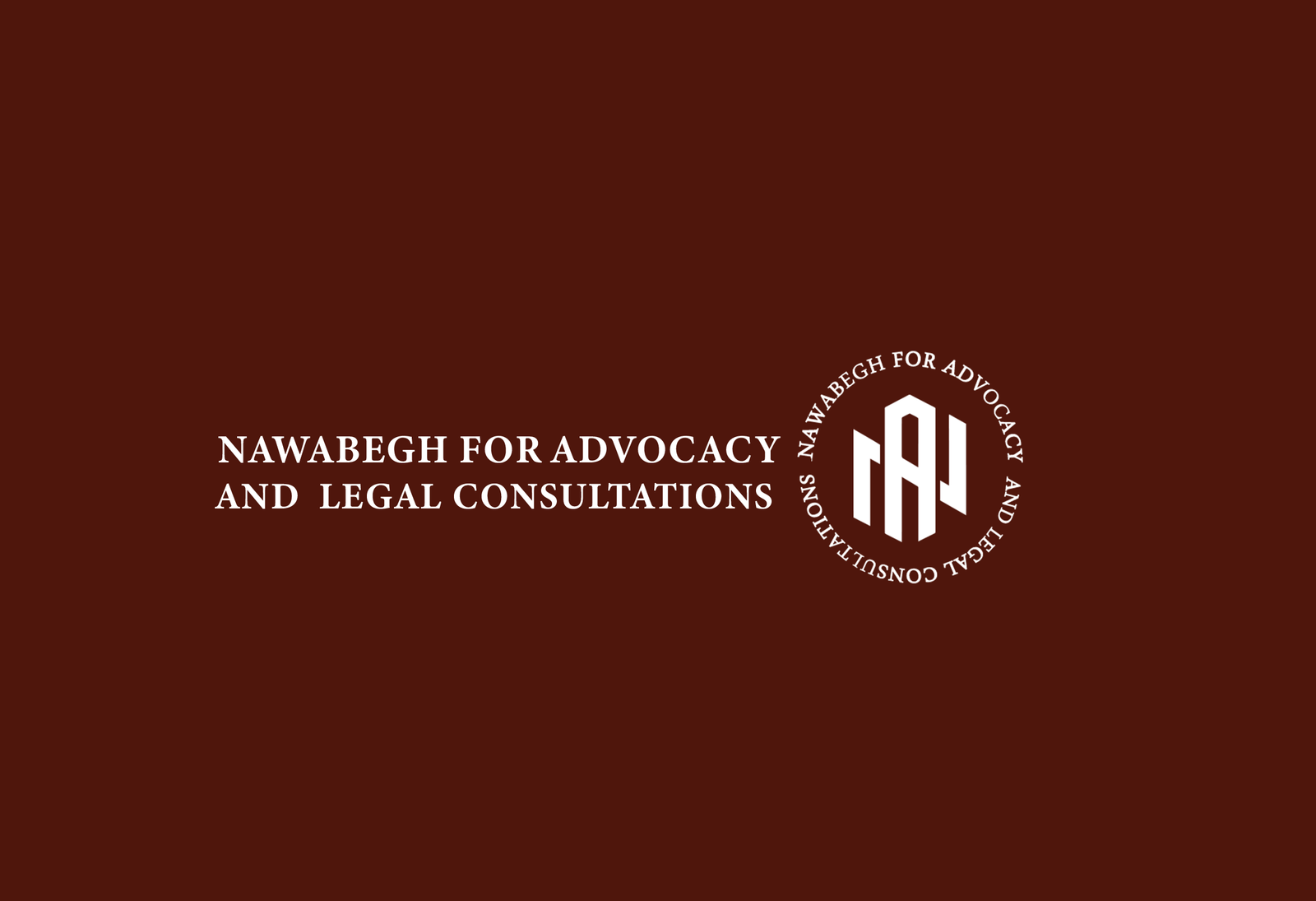
 International Law
International LawA set of rules that govern relations between countries and international organizations, including human rights, war, borders, and treaties.
Includes public international law, private international law, and international humanitarian law, each with distinct areas of application.
The primary source of international law, defining the rights and obligations of participating states.
The principal judicial organ of the United Nations that resolves legal disputes between states under international law.
Regulates conduct during armed conflict and aims to protect civilians, prisoners of war, and the wounded.
While not enforced like national laws, states comply with international law to maintain cooperation, stability, and peace.